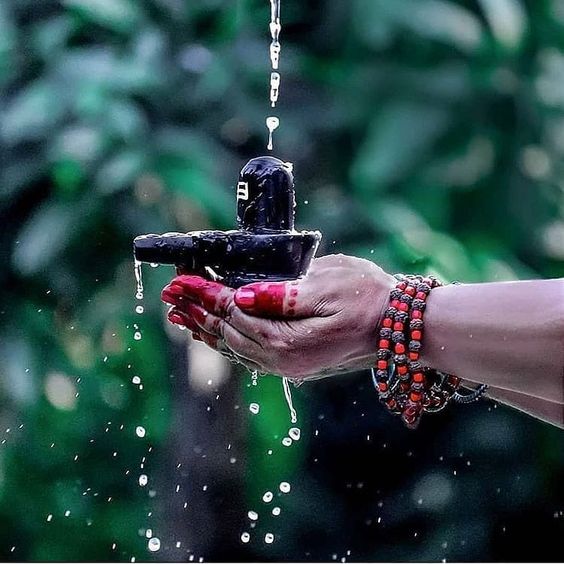Maha Shivaratri is one of the major Hindu festivals celebrated honoring Lord Shiva. Every year, people devotedly celebrate Maha Shivaratri falls on the day before the new moon in February/March. The Maha Shivaratri is generally known as “the Great Night of Shiva” when the Lord performs the heavenly dance “Tandava.” On this day, Shiva adherents also keep fasting and worshiping in the Shiva temples across the world. Eventually, they stay vigil along with fasting, which calls Jagaran – a vital part of Shivaratri.
Like other Hindu rituals and observances, Jagaran, or staying vigil on Shivaratri, has some scientific significance. Let us explore.
The science behind staying vigil on Maha Shivaratri:
During Shivaratri, the moon and sun get aligned somehow when the Vata component in the human body gets activated. The Vata activity remains strong and maximum during this phase of the year. Since Vata is one of the three major components of our body (Vata, Kapha, and Pitta), it directly connects to any movement in the body. During Shivaratri, Vata directly impacts –
- the nervous system
- controls all bodily movements
- stimulates nutrients all over the body
- moves toxin substances out of the cells
- helps in retrieving memory
- enables cause and effect analysis.
As per Yogic knowledge, the Shivaratri night is the best time to balance Vata in our body. The imbalance of Vata can drastically affect the body and cause lethargy, mood swings, bad temperament, demotivation, depression, forgetfulness, aggression, extreme anti-social, and suicidal tendencies, too.
So, perform Vata Kriya (exercise for Vata activation) during Shivaratri week, at least on Maha Shivaratri day, to make it purified and lubricated. You will get a cleansed and balanced Vata that will help you maintain positive behavior, make you happy, calm, extrovert and have the presence of mind.
Feature Image Credit: Pinterest.
